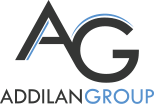
Cleaning, sanitizing, and disinfecting your commercial kitchen should be a top priority to prevent cross-contamination and the spread of bacteria. A dirty kitchen is a breeding ground for foodborne illnesses and various violations that lead to fines and possible closure. Not only can a clean kitchen kill bacteria, but it can also prevent fire hazards from occurring and help your equipment last longer.
In addition to regular cleaning and disinfecting your facility’s kitchen, it’s important to schedule professional cleaning of your grease traps and hoods as well as used cooking oil removal and recycling.
To keep up with the daily, weekly, and monthly tasks and make cleaning a little easier, devising a checklist can ensure you never miss a spot. Below we share best practices to deep clean a restaurant and why you should choose Addilan Group for professional cleaning.
How to Deep Clean a Restaurant Kitchen
The safety of your employees and guests depends on your commercial kitchen cleaning checklist. A clean and well-maintained kitchen can leave a lasting impression on your guests and encourage them to continue visiting your business. Making a checklist can help your staff better manage a regular cleaning routine.
Daily Checklist:
While cleaning and sanitizing every space in your kitchen daily might not be feasible, your most-used supplies and equipment should be cleaned to prevent the spread of germs and bacteria. Consider following our daily cleaning checklist to keep everything clean.
- Cooking equipment – Your fryers, flattops, griddles, and ranges should be scraped and cleaned following the manufacturers’ instructions. Vent hoods should be wiped down, grease traps should be cleaned, and dishwasher hood filters should be removed and soaked in a mixture of detergent and hot water.
- Kitchen tools – All utensils, glassware, flatware, and small wares should be pre-soaked, rinsed, and placed inside the dishwasher.
- Surface areas – Your sink should be cleaned with a sanitizing solution, and the drain should be emptied and scrubbed. Soda fountains and dispenser heads should be washed, wiped, and sanitized, and the dispenser heads should be removed and soaked. Your countertops and cutting boards should be sprayed with a food-safe sanitizing solution and wiped dry with a towel.
- Wash, sweep, mop, empty – Towels and aprons should be washed on a regular cycle. Floor mats should be scrubbed on both sides with soap and water and dried thoroughly. Sweep and mop your kitchen floors and storage areas. Waste bins should be emptied and wiped down.
Weekly Checklist:
These areas require less maintenance but should be cleaned and sanitized weekly.
- Kitchen equipment – Ovens should be cleaned following the manual instructions. Fridges and freezers should be emptied and wiped down.
- Degrease and delime – Walls, doors, sinks, and faucets should be wiped down, and you can use a degreaser to remove tough stains. Water and a deliming solution can be combined to scrub away hard water deposits from your sink and faucets. You should also delime your dishwasher once a week to prevent buildup.
- Spot clean – Areas such as gas pipes and water hoses should be wiped down to remove any buildup.
Monthly Checklist:
Areas of your kitchen that only require cleaning once a month are hard-to-reach places that often need a deep cleaning. These items and areas will take more time to clean than your daily and weekly tasks, so ensure you and your staff plan ahead to tackle your monthly cleaning checklist.
- Wash, sanitize, empty – Move equipment aside and wipe, sweep, and dust behind and under these hard-to-reach areas. Your walls and ceiling should be cleaned once a month using water and a cleaning solution to remove hardened food or grease. After sweeping and mopping, polish floors with a commercial floor cleaner. Your refrigerators and freezers will need a deep clean as well; empty food, wipe down the interior and exterior with a sanitizing solution, and vacuum the condenser coils. Clean and sanitize your ice machines and clean the condenser and filter. Check for signs of rodent infestation and if spotted, contact a professional pest control service.
Why Choose Addilan Group for Your Professional Restaurant Cleaning Services?
At Addilan Group, we are your one-stop shop for all critical maintenance services, including grease trap cleaning, hood cleaning, and used cooking oil removal and recycling.
- Unmaintained grease traps can lead to unpleasant odors, costly backups, and inevitably a non-functioning kitchen. We will perform proactive, full evacuation services, removing any hardened buildup and performing jetting services if needed to ensure your kitchen can function properly and efficiently.
- Reduce your risk of a kitchen fire by having your exhaust hoods, fans, and ductwork professionally cleaned to reduce potential hazards, avoid possible fines, and maintain compliance with local codes.
- In commercial kitchens, used cooking oil can accumulate quickly, and you want a safe and effective way to dispose of it. We’ve got it! With our turn-key solution, let us handle your cooking oil removal and recycling while also managing the rebate program, putting money back into your business at no additional cost to you.
By scheduling regular professional cleaning during off-peak hours, you can ensure the uninterrupted operation of your commercial kitchen or quick serve restaurant. With our dedicated team of professionals, we offer both preventive and reactive critical maintenance services to keep your kitchen operations running smoothly. Contact us today at 833-ADDILAN to learn more about how we can help you.

